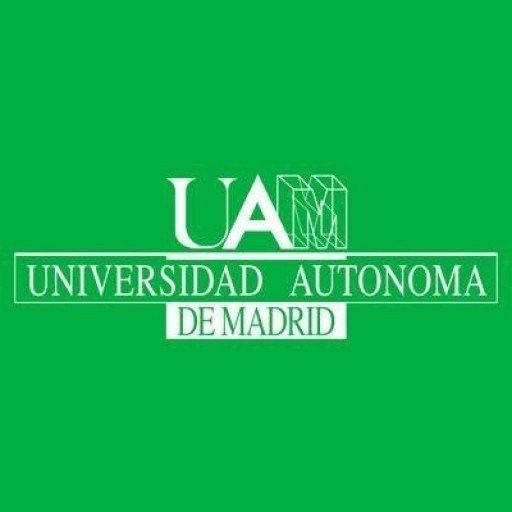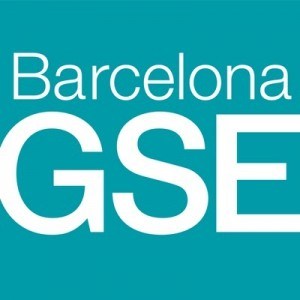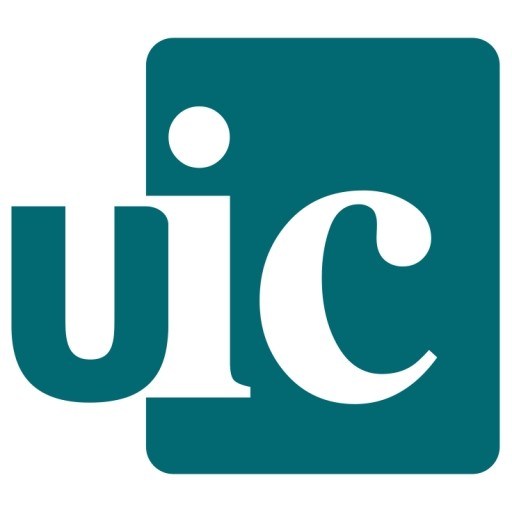Photos of university
The Bachelor's Degree in Biotechnology at the Autonomous University of Madrid is a comprehensive and multidisciplinary program designed to prepare students for a wide range of careers within the rapidly evolving field of biotechnology. This program provides students with a solid foundation in the fundamental principles of biology, chemistry, and physics, combined with advanced training in molecular biology, genetics, microbiology, and bioprocess engineering. Throughout the course, students engage in both theoretical coursework and practical laboratory experiences, enabling them to develop the technical skills necessary for research, development, and production processes in various biotech sectors.
The curriculum is structured to foster innovation, critical thinking, and problem-solving abilities, key qualities required in the biotech industry. Students learn about the application of biotechnological techniques in healthcare, agriculture, industry, and environmental management. Special modules cover genetic engineering, enzyme technology, bioprocess optimization, and bioinformatics, equipping graduates to contribute effectively to the development of new pharmaceuticals, vaccines, genetically modified organisms, or sustainable environmental solutions.
In addition to core scientific training, the program emphasizes the importance of ethical and legal considerations related to biotechnology, ensuring that students understand the societal impact of their work. The program also offers opportunities for internships and collaborative projects with industry partners, providing real-world experience that enhances employability upon graduation. Graduates of this program are well-prepared to pursue careers in research laboratories, pharmaceutical companies, agricultural biotech firms, alternative energy companies, or to continue their education through master's and doctoral programs.
The Autonomous University of Madrid's Biotechnology program maintains a commitment to excellence in teaching and research, supported by state-of-the-art laboratories and experienced faculty. This enables students to stay at the forefront of scientific advancements and technological innovations in the biotech field. With a broad and versatile skill set, graduates are equipped to drive innovation and contribute significantly to societal progress through biotechnological solutions.
- Critical analysis of scientific literature. Applied statistics for Molecular Biosciences
- Genetic and protein engineering
- Economic and legal aspects of Biotechnology
- Plant Biotechnology
- Microorganisms Biotechnology (partly in spanish)
- Bioprocess engineering (partly in spanish)
- Biocatalysis and nanobiotechnology (partly in spanish)
- Master's Final Dissertation
Requirements
- Official university qualification such as an undergraduate degree, bachelor’s degree or other equivalent, in one of the following Experimental or Health Sciences: Biology, Chemistry, Biochemistry, Medicine, Biotechnology, Pharmacy, Veterinary, or other similar degrees.
- An official certificate of level of English (IELTS, TOEFL, Cambridge English, OAL-UAM, Linguistic Services Office from your home university etc.) with at least a B2 (or equivalent) level. This doesn't apply for students coming from english-speaking countries/universities/schools.
- Bachelor's diploma
- Transcript of records from the Bachelor's degree
- Average Grade statement (see "Average Grade statement")
- CV (Curriculum Vitae)
- Certificate of level of English (or at least some proof that you'll get it before the enrolment deadline in September)
- ID/Passport
- Elective courses pre-selection form ("Hoja de preinscripción de asignaturas")
- Specific documents required for each master (letter(s) of recommendation/reference etc.).
- FOREIGN STUDENTS ONLY: when their average grade point is not in a 1-to-10 scale, applicants must also submit the ANECA's certificate of average grade equivalence for studies undertaken in foreign countries (see here). Please note that this certificate can take up to 2 months to be delivered, so applicants should request it with enough time in advance.
Scholarships
- Campus de Excelencia Internacional UAM+CSIC
- Fundación Ramón Areces
- General grants of the UAM
- Specific grants for international students at the UAM
The Bachelor's Degree in Biotechnology at the Autonomous University of Madrid is designed to provide students with a comprehensive understanding of the principles and applications of biotechnology. This program aims to equip students with both theoretical knowledge and practical skills necessary for innovation and development in various fields such as healthcare, agriculture, molecular biology, and environmental management. The curriculum includes core subjects in biology, chemistry, genetics, microbiology, molecular biology, and biochemistry, alongside specialized modules in biotechnological techniques, bioinformatics, and laboratory practices. Students are encouraged to gain hands-on experience through laboratory work, internships, and research projects, which are an integral part of the degree. The program also emphasizes the ethical, social, and legal aspects of biotechnology, preparing graduates to address contemporary challenges responsibly. The degree typically spans four years, offering a balanced combination of classroom instruction, laboratory training, and experiential learning. Graduates of this program are prepared for careers in research institutions, pharmaceutical companies, food industry, environmental agencies, and biotechnological enterprises. Furthermore, the degree provides a pathway for students interested in pursuing postgraduate studies or engaging in scientific research. The university's facilities and partnerships with industry provide ample opportunities for students to connect theory with practice. Overall, the Bachelor's Degree in Biotechnology aims to foster innovation, critical thinking, and scientific excellence to contribute to advances in health, agriculture, industry, and environmental sustainability.





